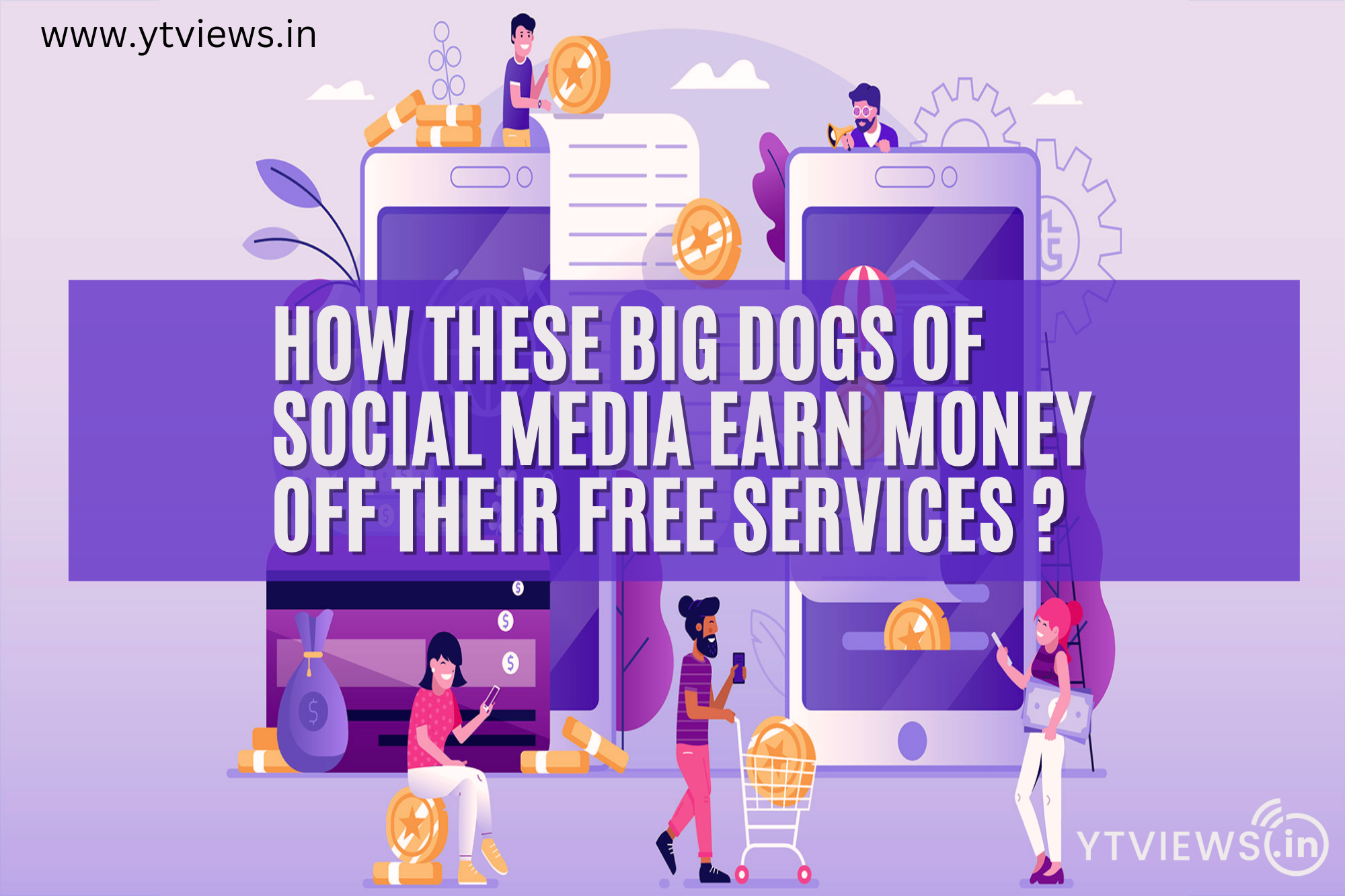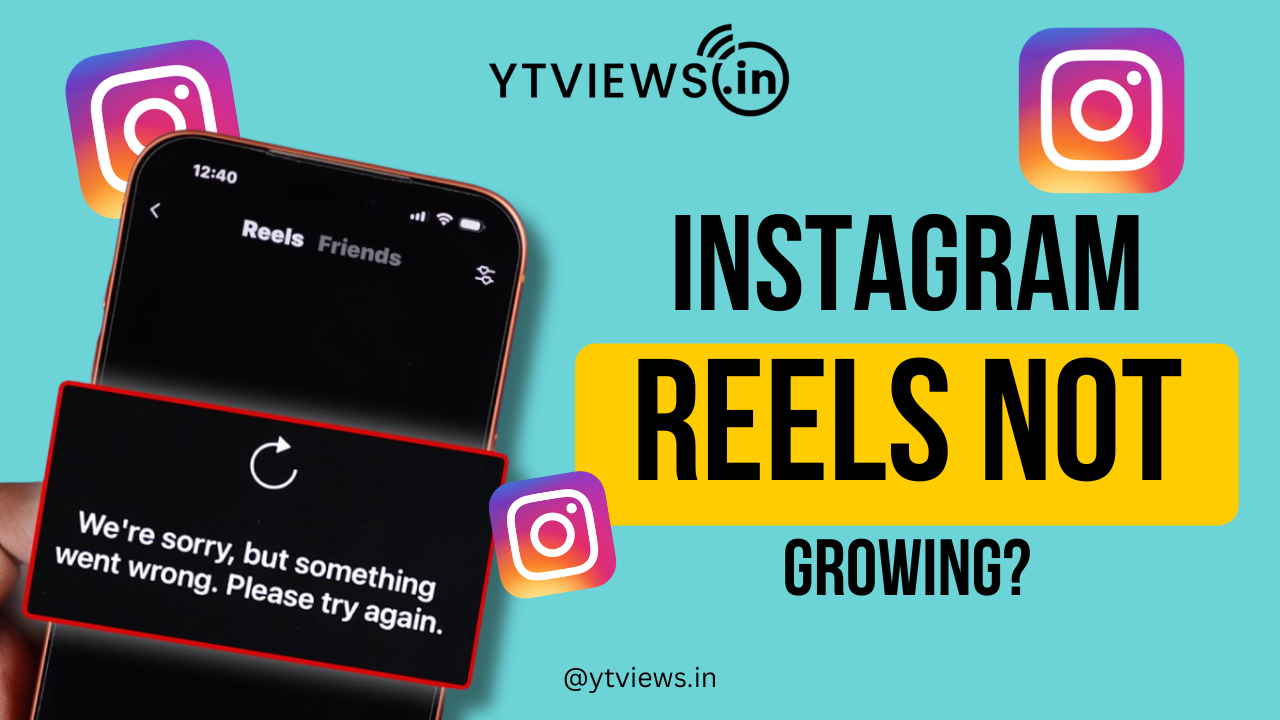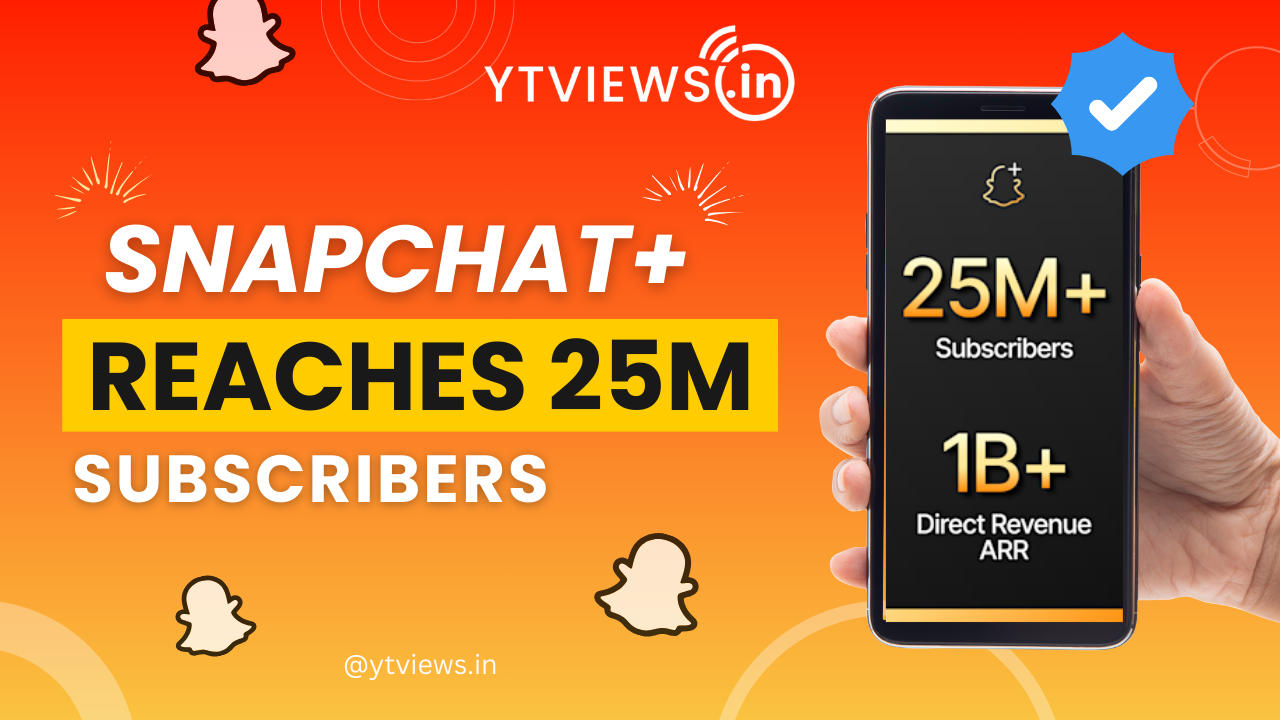How do these big dogs of social media earn money off their free service?
 Ever questioned how social media businesses generate revenue? You can sign up and use websites like Facebook, Twitter, and Reddit for free; this is what billions of users have done. How do these platforms make money and maintain their profitability?
Ever questioned how social media businesses generate revenue? You can sign up and use websites like Facebook, Twitter, and Reddit for free; this is what billions of users have done. How do these platforms make money and maintain their profitability? Most social media platforms generate revenue by showing you advertisements. There are more strategies, such as premium membership plans or investment-based financing. We’ll examine a few popular revenue streams used by social media corporations. So, let’s go through them one by one:
Most social media platforms generate revenue by showing you advertisements. There are more strategies, such as premium membership plans or investment-based financing. We’ll examine a few popular revenue streams used by social media corporations. So, let’s go through them one by one:
Venture Capital

Many social media startups receive their initial funding from venture capital, a type of private investment.
When a financier, such as a wealthy individual or investment bank, thinks a start-up company has potential, they invest venture capital. Then, typically in exchange for a stake in the company, they invest cash (or occasionally their time and knowledge). The more ownership they have in the company, the more power they have over its choices. The investors are hoping that when the company grows and turns a profit, they will recoup their investment and more.
Venture money has invested hundreds of millions of dollars in websites like Facebook and Twitter. In retrospect, we may argue that those investors made wise decisions, but venture capital is a dangerous business, and not all bets are successful. If Facebook had been branded “Thefacebook” and solely open to Harvard students, would you have invested?
Advertising

Advertising is the main revenue source for social networks. There’s a reason why the sites are created to be addicting. You are exposed to more advertising the more you browse.
That is evident everywhere you look. sponsored tweets on Twitter’s timeline, videos within Instagram’s Stories, promoted posts on Reddit’s home page, etc.
Consider that there are 2.9 billion active Facebook users monthly. There are a large number of eyes available to be exposed to the most recent products and services that businesses want you to purchase (here’s how to modify your Facebook ad preferences).
Companies must pay social media networks to advertise on their platform. Several factors affect how much precisely that will cost. For instance, businesses can pay extra to have their advertisement pushed for a longer time or to be seen by more people.
User Data

The gathering and sale of user data is a sizable and contentious source of revenue for social media networks.
It’s critical to comprehend what this implies. No identifiable information, such as your phone number, email address, or other private information, is sold to businesses by Facebook, Twitter, Instagram, and similar platforms.
But many of them do market usage patterns that have been compiled and anonymised. To examine all previous tweets and filter, sample, and batch them, for instance, Twitter sells advanced access to its API. It’s a good thing I’m not a lawyer.
Another illustration is Facebook, which has frequently been in the news because of issues like the Cambridge Analytica incident. Despite the controversy, Facebook wants to preserve your data for itself and isn’t intentionally sharing it with other businesses. Facebook, on the other hand, keeps track of your activity, including the pages you like, and uses this information to categorise you so that businesses can pay to advertise to that group.
Premium Subscriptions

You can create an account on every major social media platform without paying anything. Some of them, meanwhile, hide supplemental features behind a paywall in the hopes that you’ll buy these premium subscriptions.
LinkedIn Premium is an additional case. Membership enables you to send InMail to recruiters, access LinkedIn learning courses, and gain more insight into who is seeing your profile.
The fact that the standard account is free is due in part to the fact that the majority of users won’t pay for these premium subscriptions. Yet, it provides a good revenue stream for social networks for those users who are prepared to pay.
Related Posts

How the YouTube Algorithm Promotes and Pushes New Videos

Why Small YouTubers Don’t Get Brand Deals & How Ytviews.in Can Help

Instagram Reels Not Growing? Proven Fixes That Work

Snapchat+ Hits 25M Subscribers, $1B Milestone

YouTube Outage: US, India, Australia Affected


































